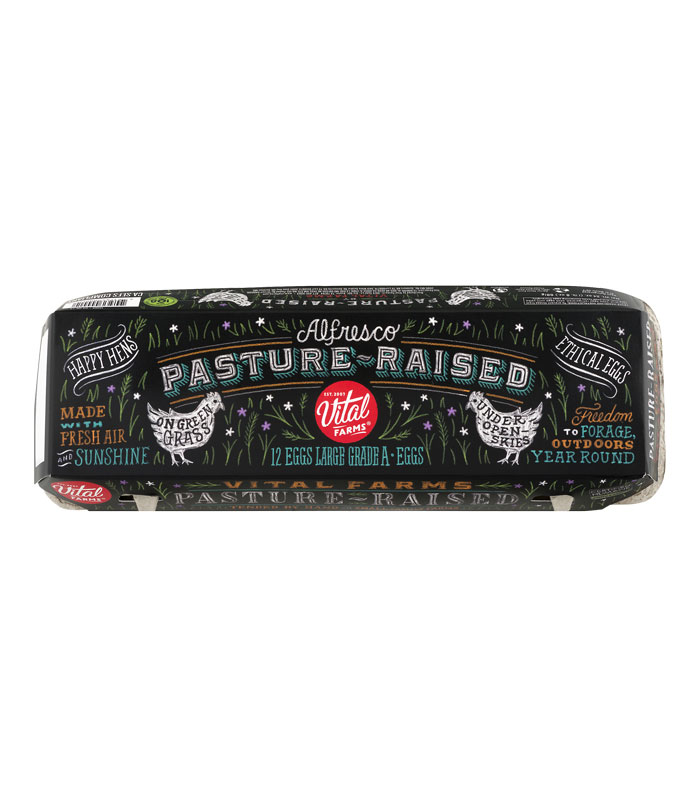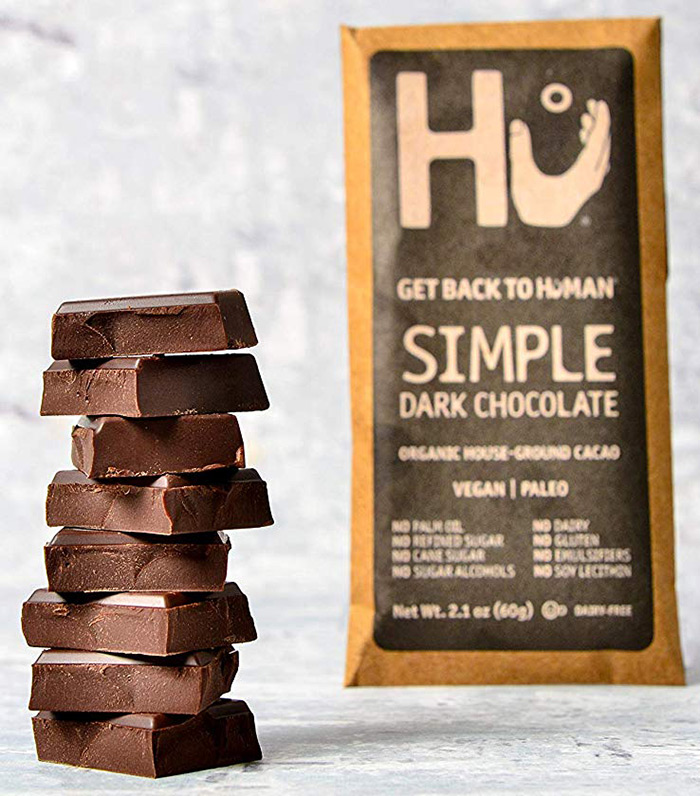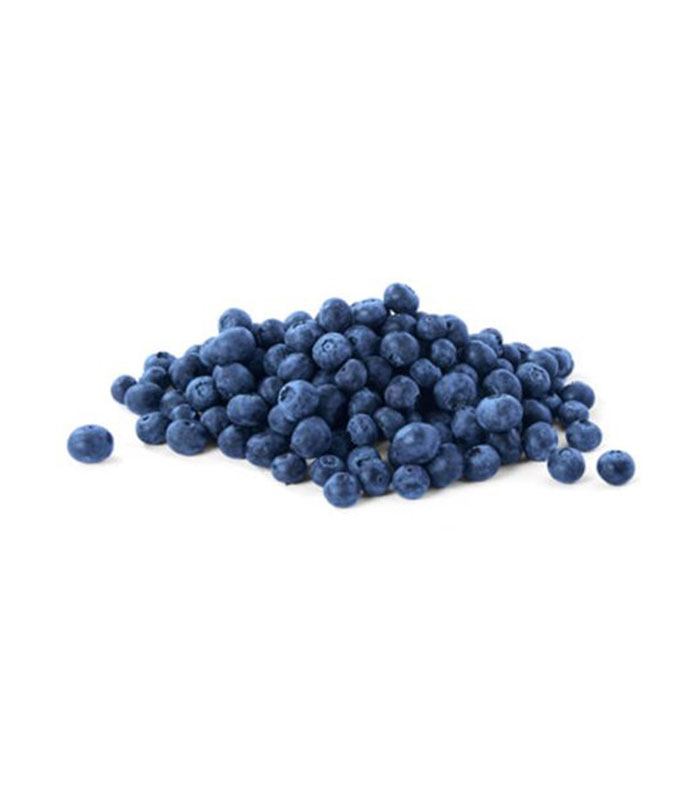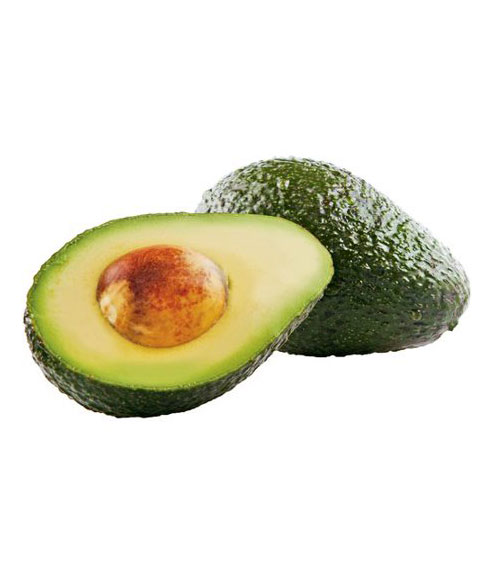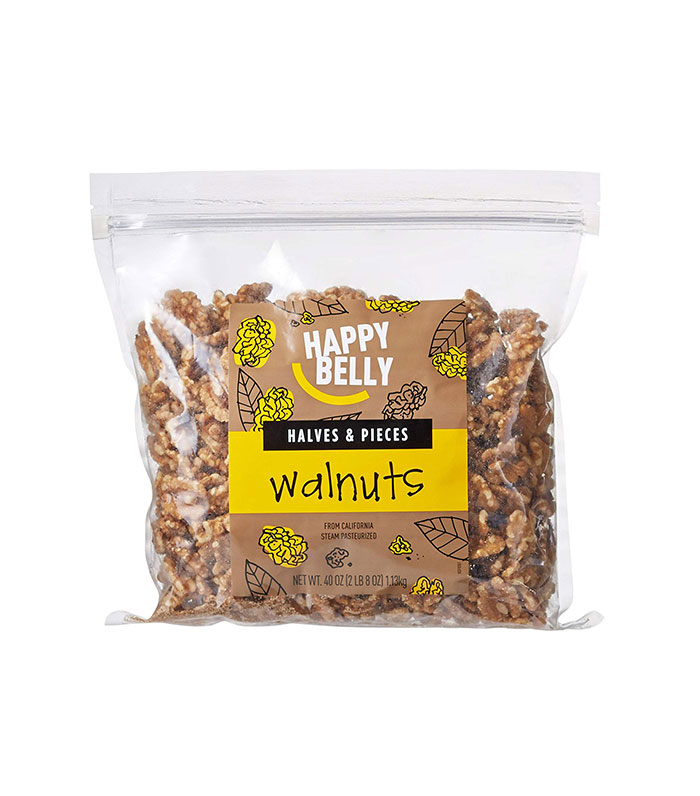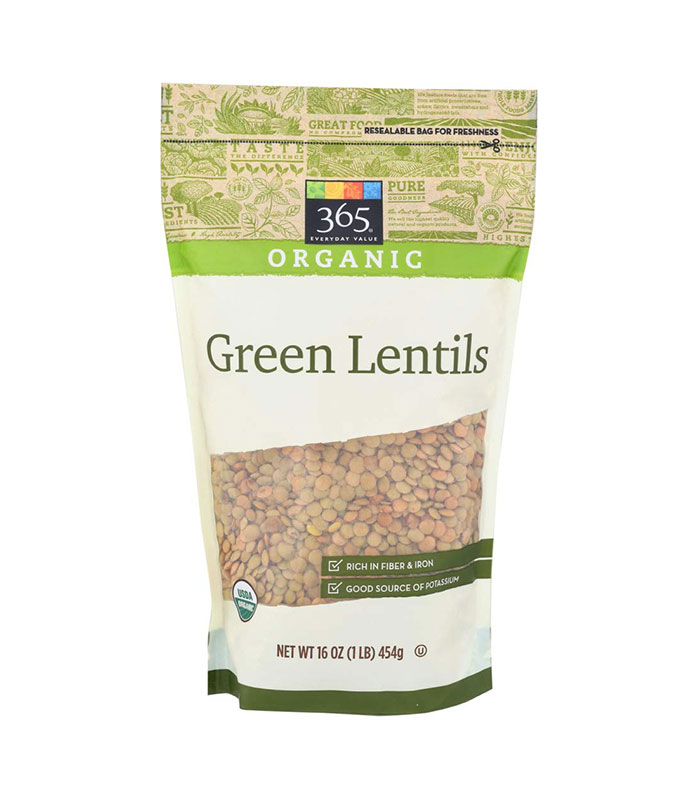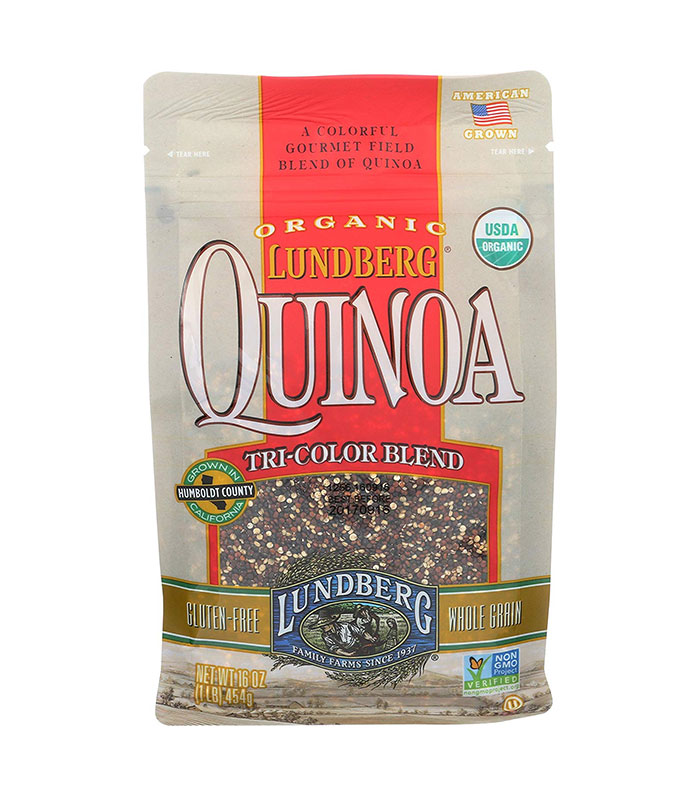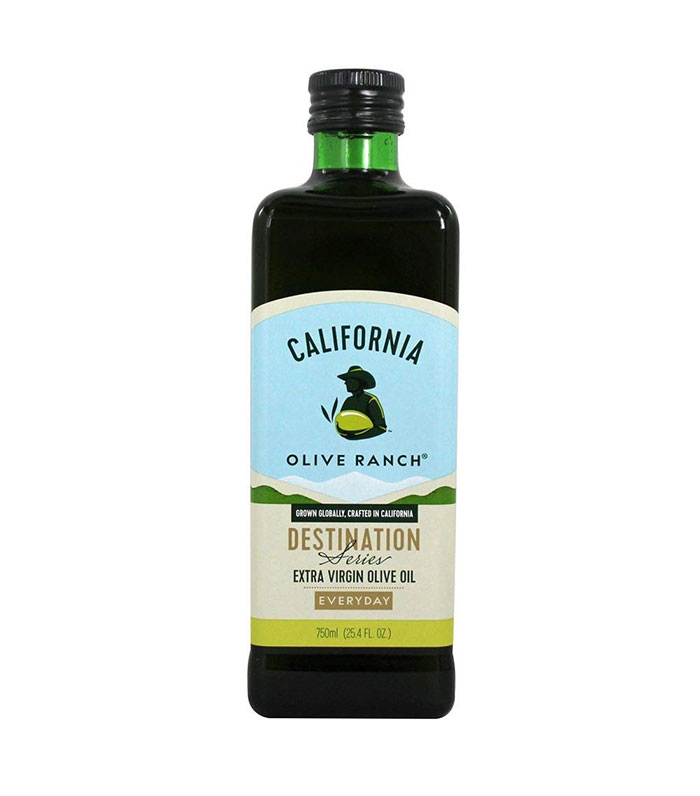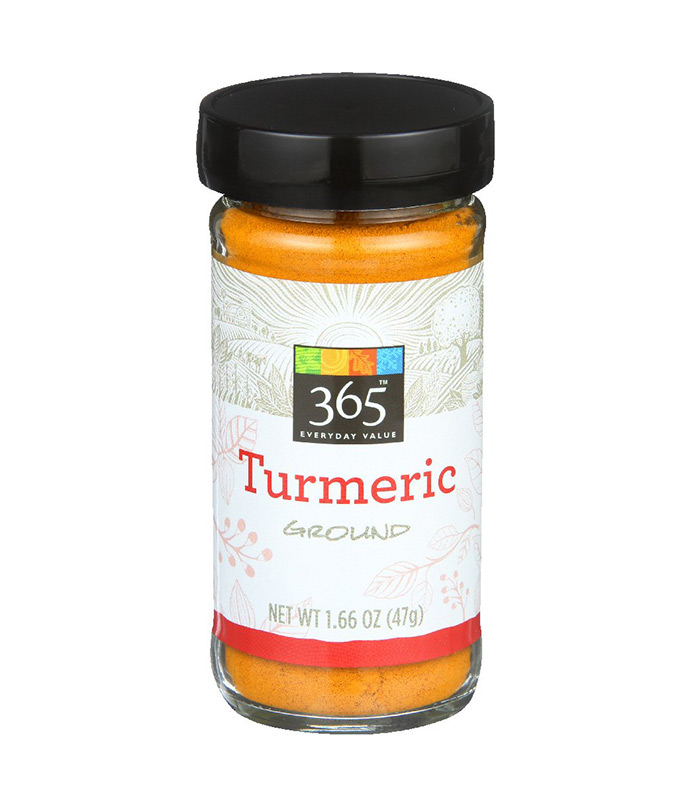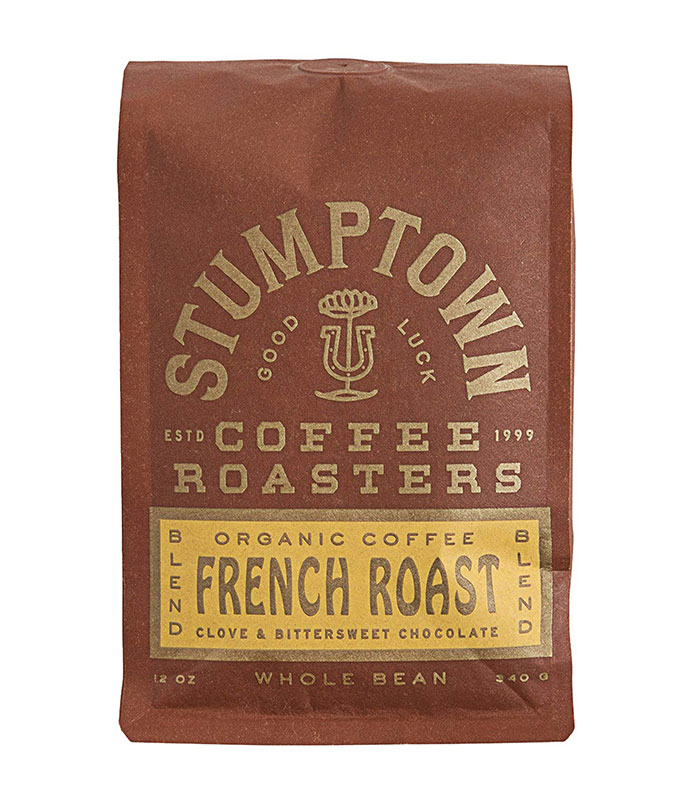This Is What You Should Eat for Better Memory, According to Science

Have you found yourself forgetting your keys more often than usual? Or maybe you've been feeling unfocused at work and have had trouble remembering deadlines or important tasks. When you're not feeling your sharpest brain-wise, it can be a little disconcerting. You start to think you're literally losing your mind. I know the hypochondriac in me starts to think about other cognitive diseases when I have a bout of memory loss or am feeling particularly frazzled and out of it. In addition to consulting your doctor if your memory loss or lack of focus is worsening, there are some remedies that can help your brain health.
Keeping an active lifestyle physically (exercise and all that jazz) and mentally (learning new things or testing your memory with lists) is important, but your diet can also help contribute to brain health, too. According to the Academy of Nutrition and Dietetics, "the best menu for boosting memory and brain function encourages good blood flow to the brain." Take a look at some foods to consider below. Most of them also contribute to an overall healthy diet, so that's a big plus.
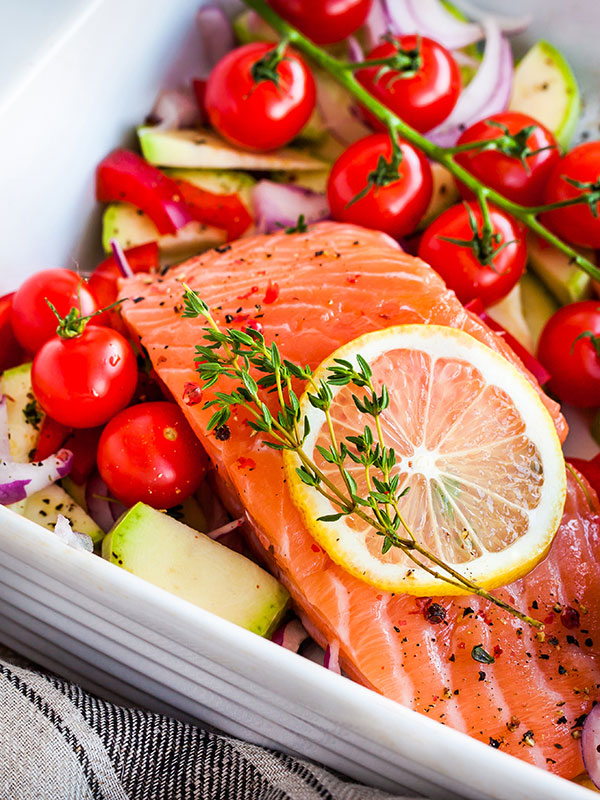
Omega-3 fatty acids' health benefits are endless. We already know they help with heart health and can improve your skin. It's no surprise that it's also good for the brain. According to the Academy of Nutrition and Dietetics, omega-3s are also good for brain health, especially docosahexaenoic acid (DHA), which can help improve memory in healthy young adults. Salmon is a great source of omega-3s, along with tuna, sardines, and seaweed.
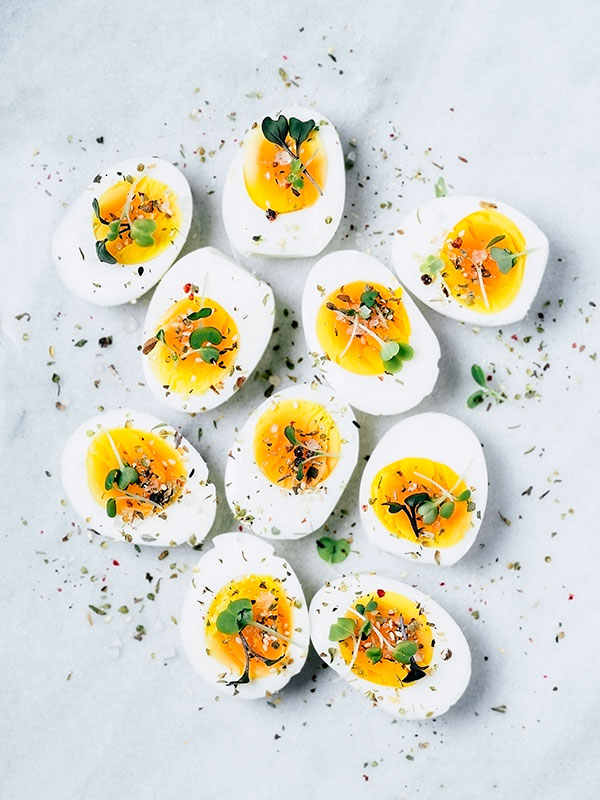
That omelet can help you start your day off right in so many ways. A 2017 study by researchers at Washington University in St. Louis found that eggs can help infants' brain development, but it can also aid adults, too. Eggs contain choline, which is needed to produce acetylcholine, an important neurotransmitter for memory, mood, muscle control, and other brain and nervous system functions, according to the National Institutes of Health.
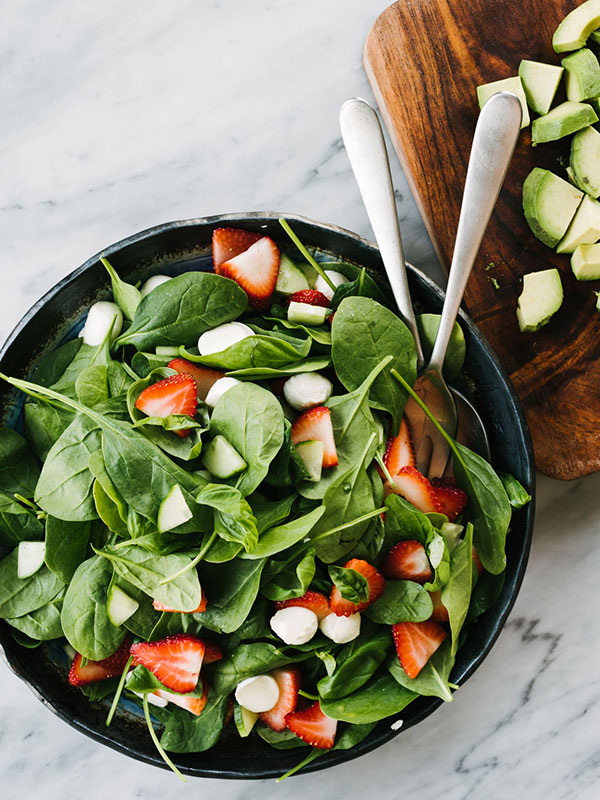
Like salmon (and omega-3s), leafy greens always top lists of the healthiest foods. That's because veggies like spinach and kale are packed with nutrients for better brainpower like vitamin K, lutein, folate, and beta carotene, according to Harvard Health Publishing. Additionally, a 2017 study conducted by researchers at Rush University Medical Center in Chicago found that older adults who had one serving of leafy greens showed slower cognitive decline. More research needs to be done for younger adults and minority groups, but for now, it doesn't hurt to load up on the vegetables since they have other health benefits, too.
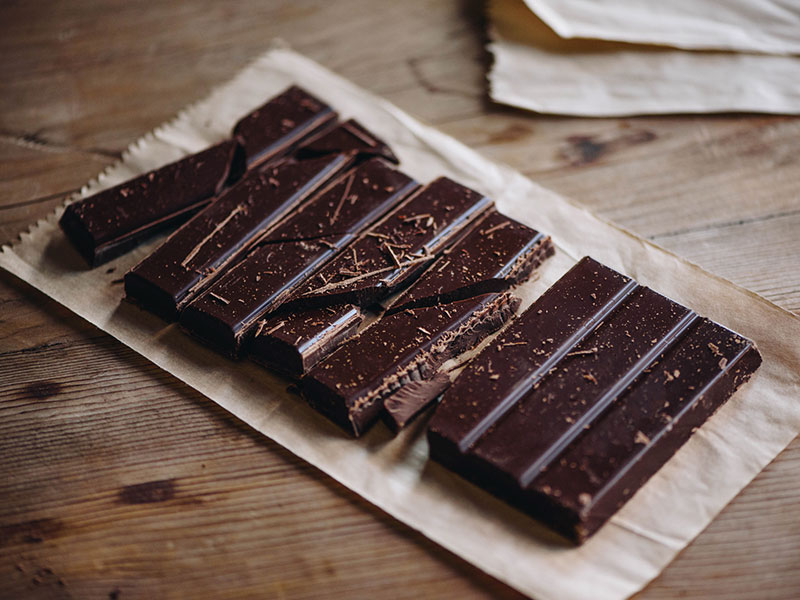
Sign us up for this one. Chocolate contains flavonols, which many believe can help brain function. One 2011 study in Physiology Behavior found that young adults had better memory and reaction time two hours after consuming dark chocolate. And in a 2013 study in Neurology, researchers had 60 older adults drink two cups of hot chocolate daily for 30 days. At the end of the trial, they found some participants had better blood circulation and improved times on memory tests.
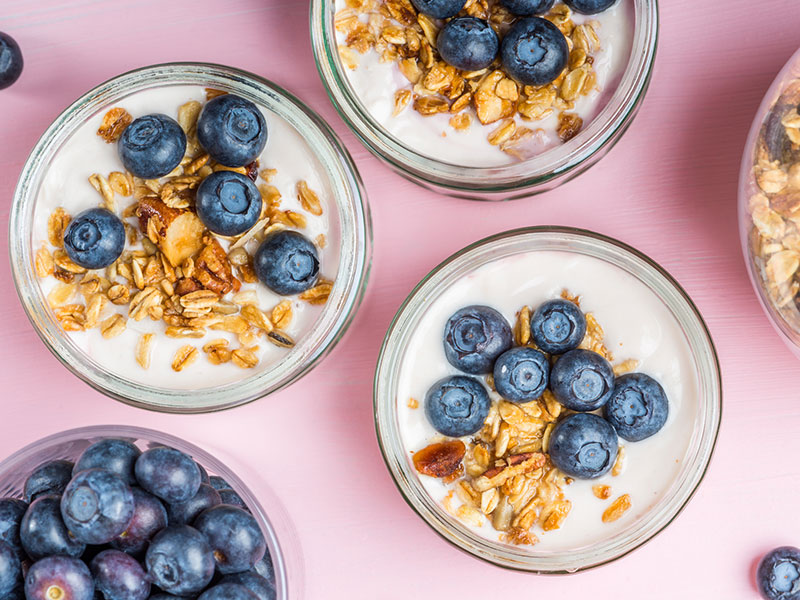
According to Harvard Health Publishing, blueberries contain flavonoids, which can help improve memory. And it's not just blueberries that might aid brain health. Blackberries and cherries also have flavonoids.
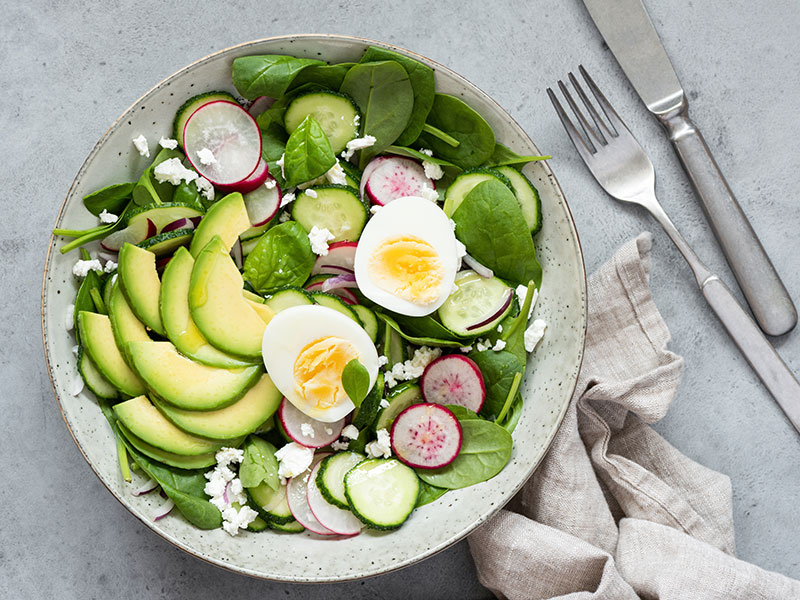
Here's another reason to add avocado and not feel guilty about paying extra. The Mayo Clinic says avocados are rich in monosaturated fat, which "improves memory function by helping improve blood cholesterol levels when consumed in moderation in place of saturated fats."

This doesn't mean you're cleared to overindulge during happy hour, but moderate consumption could benefit the brain. A 2018 study in Scientific Reports found that low levels of alcohol may reduce inflammation and help the brain clear away toxins. Additionally, red wine contains resveratrol, an antioxidant that researchers believe may help prevent heart disease and improve age-related memory loss, according to a 2015 study also in Scientific Reports.
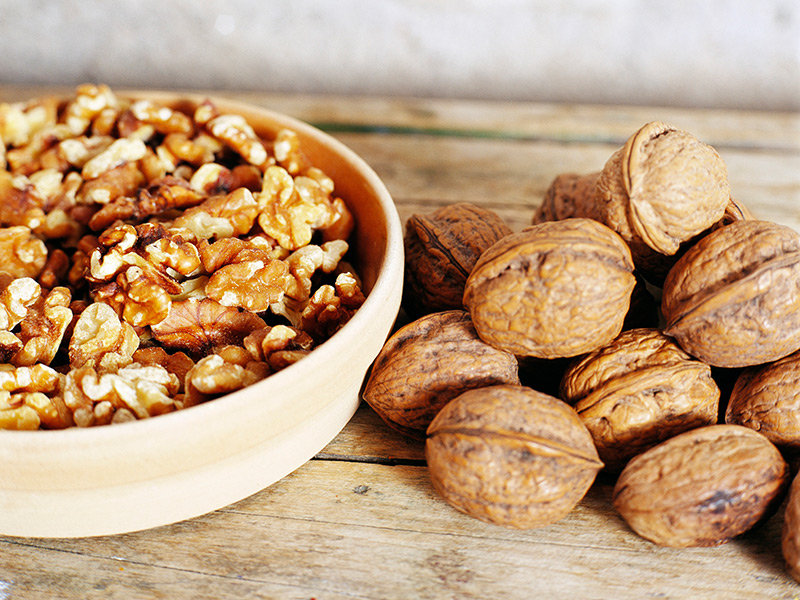
Walnuts are another omega-3 packed food you'll want to consider. Research from a 2015 study from the University of California, Los Angeles saw that eating walnuts may improve cognitive function, regardless of age, gender, or ethnicity.
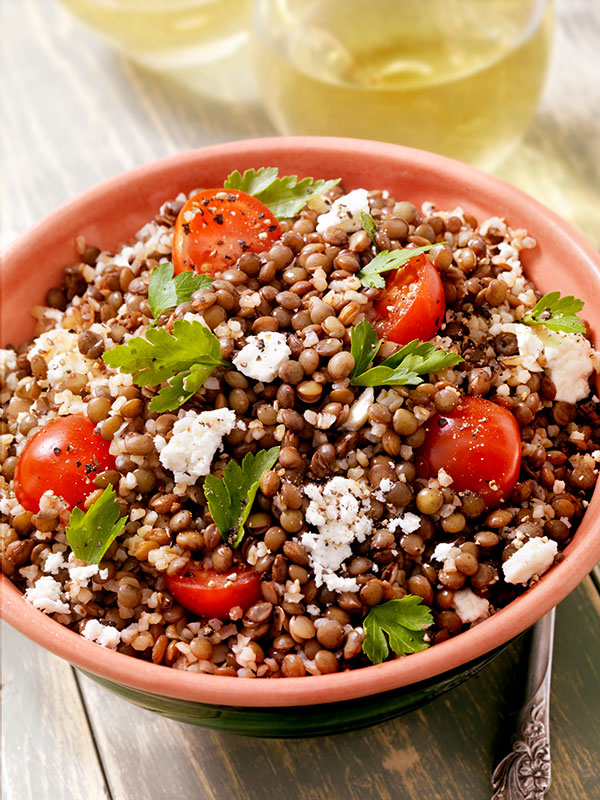
According to the Mayo Clinic, complex carbohydrates like lentils are known as brain foods because they "provide a slow, sustained supply of glucose," which is what brain cells need. Complex carbs also contain high levels of folate, a B-vitamin with memory-boosting benefits.
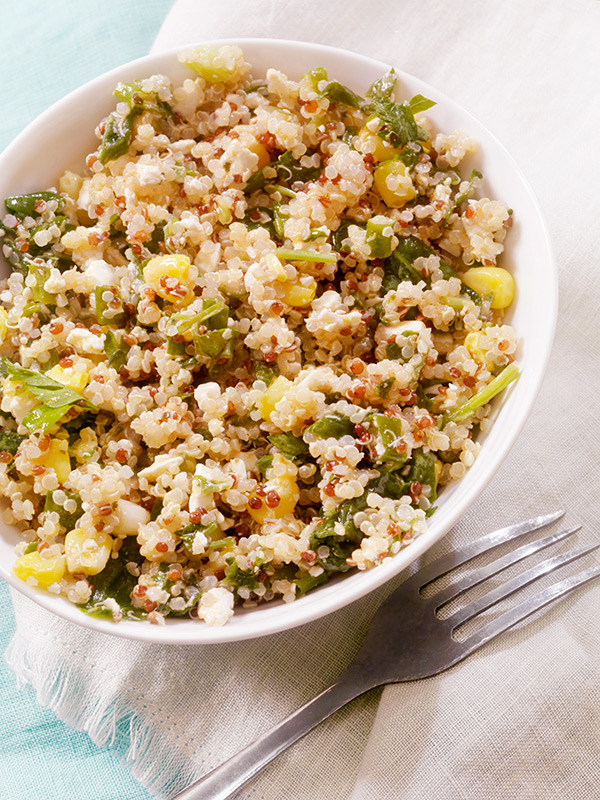
Another complex carb, quinoa has the same brain benefits as lentils. The whole grain also has high iron levels, which "keeps oxygen-carrying red blood cells healthy, supporting brain health," according to The Cleveland Clinic.
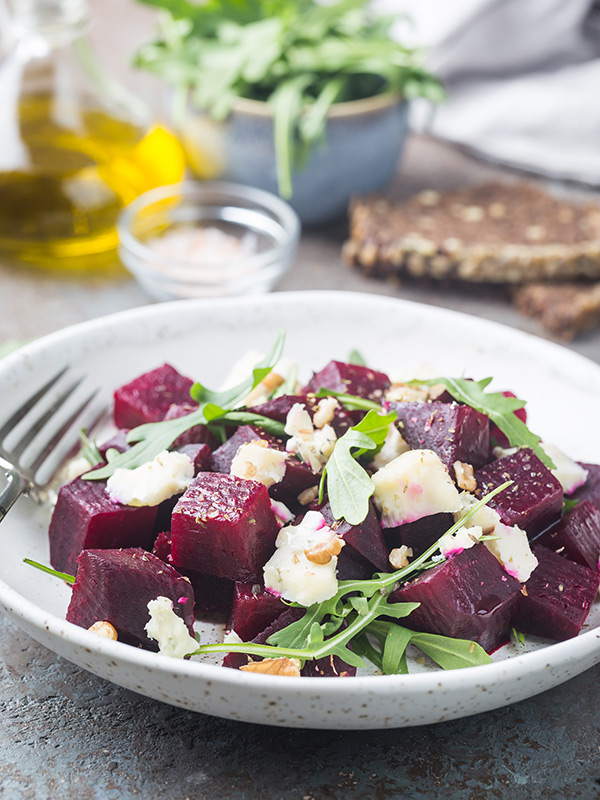
Beets contain nitrates, compounds that widen the blood vessels to improve blood flow to the brain. A 2017 study by researchers at Wake Forest University found that for older people, drinking a beetroot juice supplement before exercise resulted in improved brain connectivity.
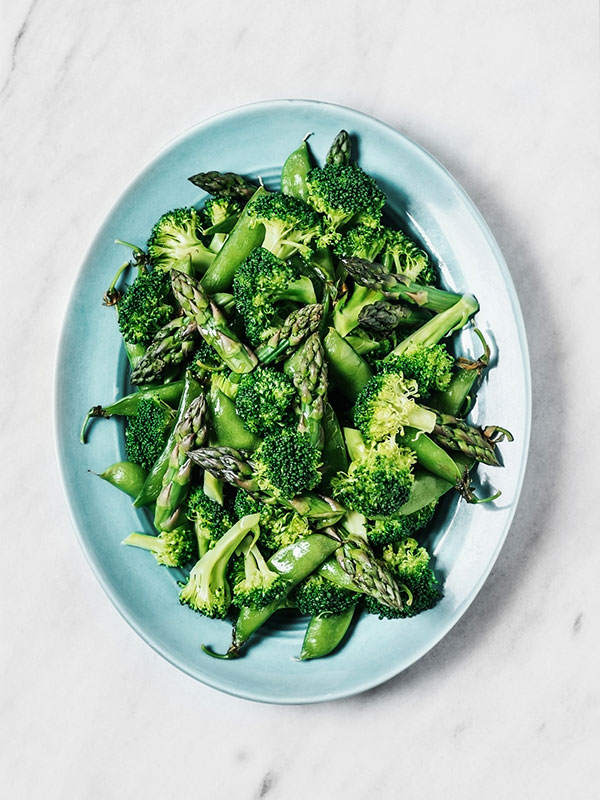
Like leafy greens, broccoli is another vegetable that is packed with brain-boosting nutrients like vitamin K, folate, and choline.
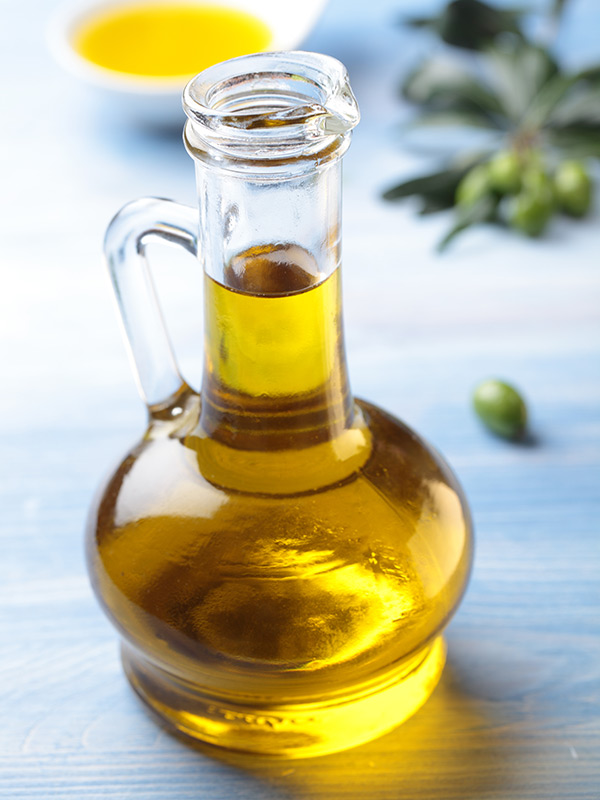
Good for heart health, olive oil can help with memory function, too. According to a 2017 study, researchers at Temple University Health System found that olive oil can help protect memory and reduce the formation of amyloid-beta plaques and neurofibrillary tangles, which are markers of Alzheimer's disease.
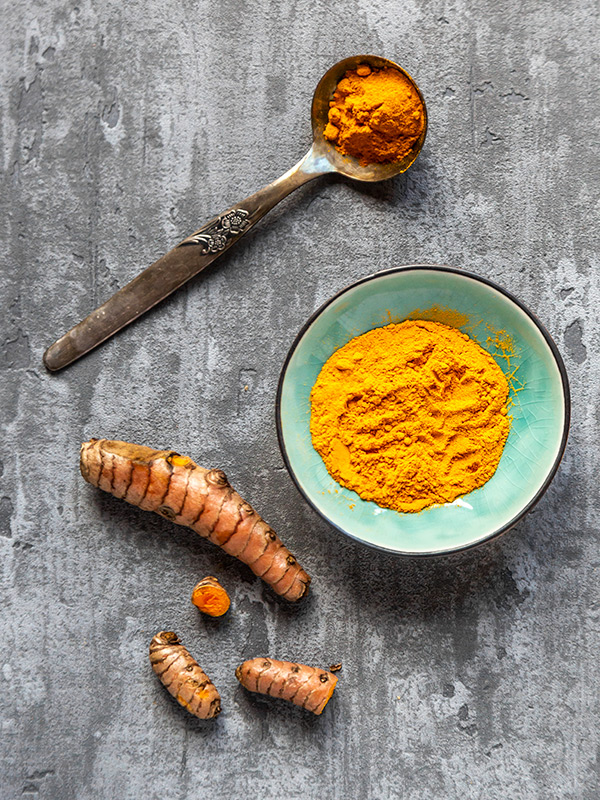
Those golden lattes or spicy curries can help. Turmeric contains curcumin, a chemical compound that has anti-inflammatory properties. In 2018, researchers from UCLA found that daily consumption of curcumin led to improved memory and mood.

Caffeine definitely gives you a boost of energy, but it might be able to do a lot more for your brain. Harvard Health Publishing states that studies have shown that higher levels of caffeine helped people score higher on tests of mental function, and it might also help solidify new memories.
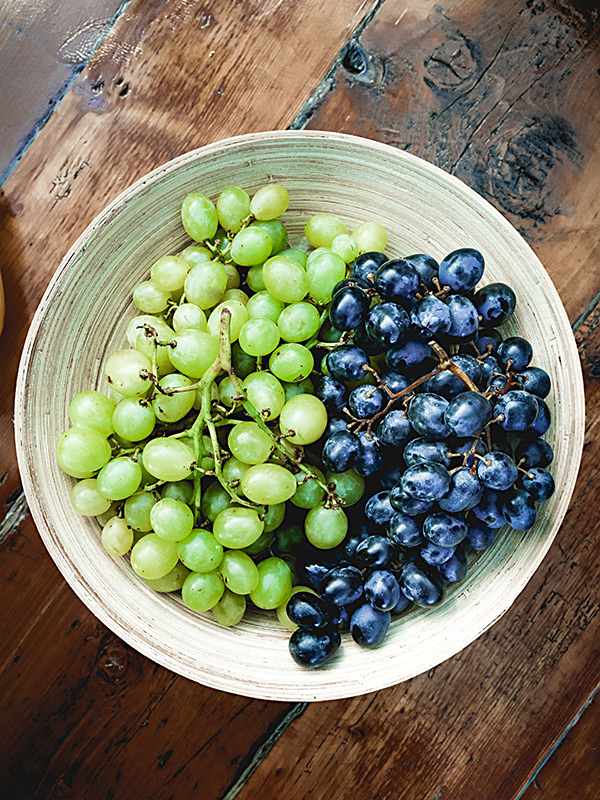
Grapes contain resveratrol, which we already know can aid in memory function. According to the Mayo Clinic, concord grapes, in particular, have polyphenols, "a brain-accessing antioxidant."
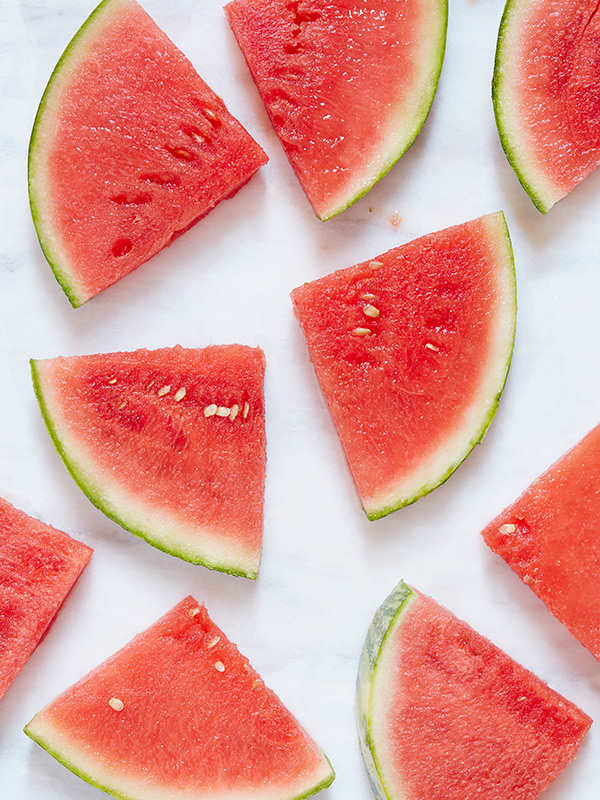
The summer fruit contains lycopene, an antioxidant that reduces inflammation. And because dehydration can reduce mental energy and impair memory, the Mayo Clinic suggests that the hydration properties of watermelon are also beneficial to brain health.
Next up: 8 Amazing Things That Happen to Your Brain (and Body) When You Go Outside
This article is provided for informational purposes only and is not intended to be used in the place of advice of your physician or other medical professionals. You should always consult with your doctor or healthcare provider first with any health-related questions.
Sarah is lifestyle writer and editor with over 10 years of experience covering health and wellness, interior design, food, beauty, and tech. Born and raised in Los Angeles, she attended New York University and lived in New York for 12 years before returning to L.A. in 2019. In addition to her work atBest Knockoff Luxury Clothing , she held editor roles at Apartment Therapy, Real Simple, House Beautiful, Elle Decor, and The Bump (sister site of The Knot). She has a passion for health and wellness, but she especially loves writing about mental health. Her self-care routine consists of five things: a good workout, “me” time on the regular, an intriguing book/podcast/playlist to unwind after a long day, naps, and decorating her home.
